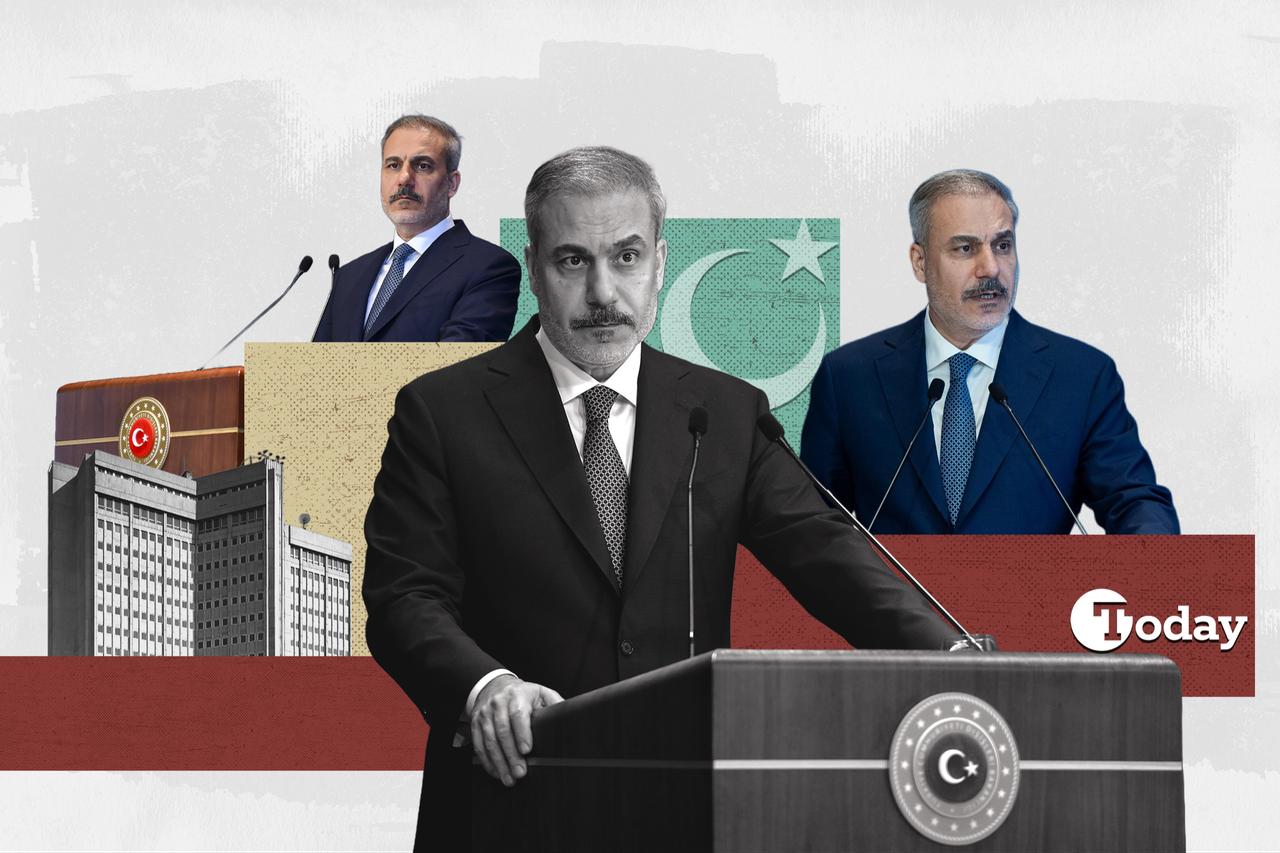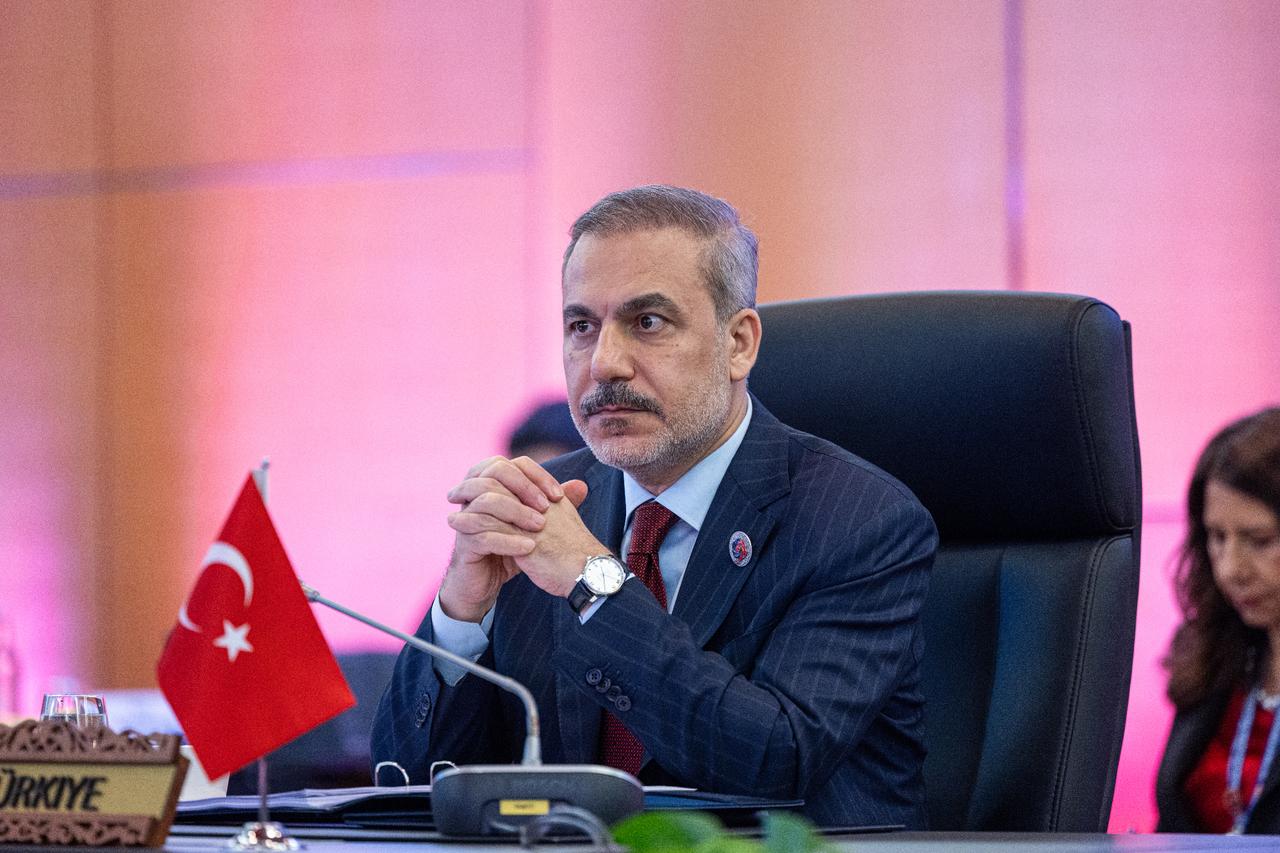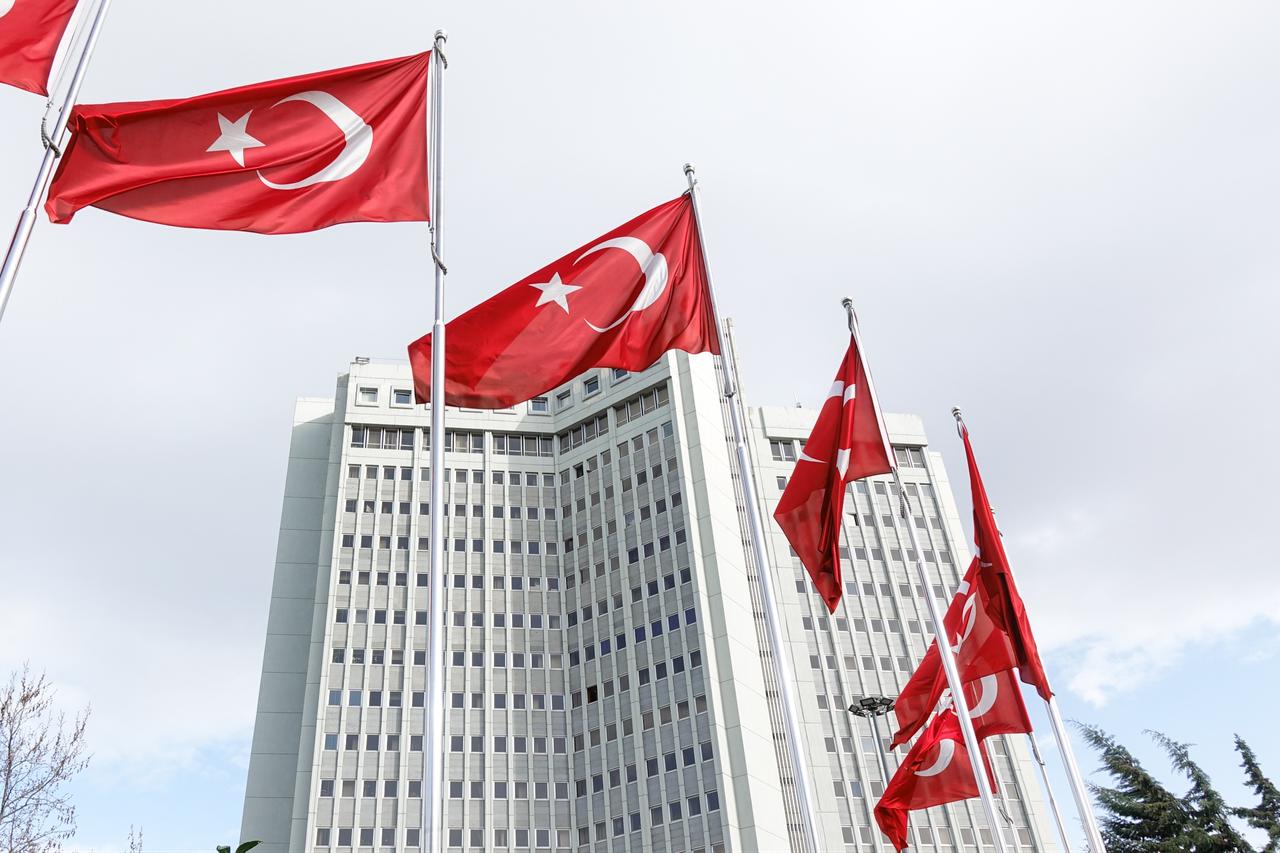
In early February 2012, an unprecedented legal move rocked Ankara’s political core. Prosecutors linked to the Fetullah Terrorist Organization (FETO) summoned then-chief of the National Intelligence Organization (MIT) Hakan Fidan for questioning.
The timing was telling: then-Prime Minister Recep Tayyip Erdogan was undergoing surgery when the terrorist organization chose to act, assuming he wouldn’t be able to oppose their move. However, Erdogan was still conscious, and he was made aware that Fidan had been summoned for questioning. He postponed his operation and instructed Fidan not to accept the court order.
The real aim behind summoning Fidan was political. It was a veiled attempt to dismantle Erdogan’s closest circle and challenge his authority through legal means. Fidan, refusing to comply, effectively triggered a constitutional and institutional counterstrike. Erdogan, upon recovering, called the move a “judicial assassination attempt” and pushed through legislative changes requiring prime ministerial consent before intelligence officials could be summoned.
The incident would mark the beginning of a long and open confrontation with FETO, culminating in the failed coup attempt of 2016.
That standoff also cemented Fidan’s role not just as an intelligence officer but as a statesman trusted at the highest levels. Erdogan famously described him as “sir kupu”—a “vessel of secrets”—a nickname that has followed Fidan ever since. But beyond the catchphrase, it signified the deep strategic trust Erdogan placed in a man whose job was to work in the shadows.
A few weeks ago, Hakan Fidan revealed that he had been the target of an assassination attempt by arsenic and mercury poisoning during his tenure as the head of Turkish intelligence. However, the head of the main opposition People’s Republican Party (CHP), Ozgur Ozel, saw this revelation as an opportunity to belittle Fidan, saying, quite bizarrely, that it is an indication that Fidan had failed at his job as he was unable to prevent such an assassination attempt as head of the intelligence.

Since last month, the Turkish opposition has targeted Fidan with accusations that are almost childish in nature. He is being called “an appointed” person, as if his predecessors came to power with a popular vote as foreign ministers. Ozel points out that Fidan was not elected as a member of Parliament. However, Fidan would have no problem being elected if he were nominated.
To be precise, as Türkiye does not implement a single-member district system, lists instead of names matter most.
Main opposition leader Ozel also accused him of being a “fake bully” with popular charismatic TikTok videos showing Fidan walking slowly with his hands in his pockets. No concrete criticism has been made regarding Fidan’s job performance. It is unprecedented for a Turkish party leader to call for the sitting foreign minister to be booed in political rallies simply because he is appointed and featured in TikTok videos made by his fans.
Ozgur Ozel claims that Fidan, who headed the intelligence apparatus for 13 years, wants to create an image of a mysterious and behind-the-scenes figure through these TikTok videos. However, one would say that leading a complex intelligence apparatus for 13 years would naturally make someone mysterious and enigmatic without the need for TikTok videos.
Former Turkish Ambassador to the U.S. Namik Tan, who advises Ozel on foreign policy, has also launched personal targets against Fidan. He accused Fidan of running an authoritarian management within the Foreign Ministry with decisions on counter-intelligence work.
Fidan had explicitly stated that he sees Türkiye’s foreign ministry as an extension and part of Türkiye’s security apparatus. His decision to prevent ambassadors with foreign spouses from being appointed to critical positions was heavily criticized. However, Fidan is determined to fix security vulnerabilities within the ministry as he deems many seasoned diplomats are not aware of these issues.

Fidan served as head of MIT from 2010 to 2023, overseeing one of the most transformative periods in the agency’s history. Under his leadership, MIT evolved from a mostly domestic intelligence service into a globally active and operational organization.
During this time, Fidan pioneered Türkiye’s shift to a more proactive intelligence doctrine. MIT developed extensive surveillance, cyber capabilities, and overseas operations. It carried out cross-border missions in Syria and Iraq targeting the leadership of the PKK and Daesh terrorist groups. It also played a discreet but significant role in hostage rescues and regional diplomacy.
One of Fidan’s less visible but widely acknowledged accomplishments was his role in facilitating the 2013-2015 Iran nuclear talks. While formal negotiations took place between Iran and Western powers in Geneva and Vienna, Türkiye—particularly through Fidan—acted as a quiet go-between, hosting sensitive discussions and conveying messages when direct contact was impossible.
Turkish media reported at the time that MIT maintained regular contact with both Iranian intelligence and Western interlocutors, capitalizing on Türkiye’s rare position as a NATO member with strong ties to Tehran.
In the same spirit, MIT under Fidan played a significant behind-the-scenes role in the early stages of the Syrian civil war, balancing complex relationships with Russia, the U.S., and regional actors. In 2022, when Russia invaded Ukraine, Türkiye emerged as one of the few countries capable of hosting both sides at the negotiating table.
Fidan was among the architects of the Istanbul process, which briefly raised hopes of a cease-fire in the early months of the war. The Black Sea Grain Deal—hailed internationally—also bore the hallmarks of this diplomatic maneuvering.
When President Erdogan appointed Fidan as foreign minister in June 2023, it clearly marked a transition from covert operations to overt diplomacy for Fidan. Yet, his style did not change much. Unlike his predecessor, Fidan prefers short public remarks, avoids controversy, and rarely gives lengthy interviews. He remains a backstage operator.
In his first year, Fidan navigated a crowded foreign policy agenda: normalizing ties with Egypt, reopening dialogue with Syria, calming tensions with Greece, and reshaping Türkiye’s stance toward NATO while balancing relations with Russia and China.
Notably, Fidan led Türkiye’s diplomatic response during the Oct. 7 Hamas-Israel conflict, where Ankara sought to position itself as both a critic of Israeli policy and a potential mediator. His visits to Cairo, Doha, Tehran, and Riyadh aimed to build consensus among Muslim-majority states while keeping communication lines open with the West. He was also the main Turkish figure coordinating humanitarian corridors and prisoner swap efforts.
Despite these initiatives, Fidan rarely receives the spotlight. His speeches are pragmatic rather than populist, steering clear of day-to-day political fights. If the opposition leader attempts to lure Fidan into day-to-day political conversations, he is likely to fail. Some honest critics argue that his intelligence background makes him too secretive for a role that often requires public engagement. Others say that this trait gives Türkiye flexibility in turbulent areas.
It would be a mistake for the opposition to define Hakan Fidan solely through his personal closeness and unbreakable ties to Erdogan or his largely positive MIT legacy. Waging personal attacks in front of an uninformed opposition crowd during political rallies in Ankara does not resonate well with the public, especially when the criticism is childish, unfounded, and lacking substance.